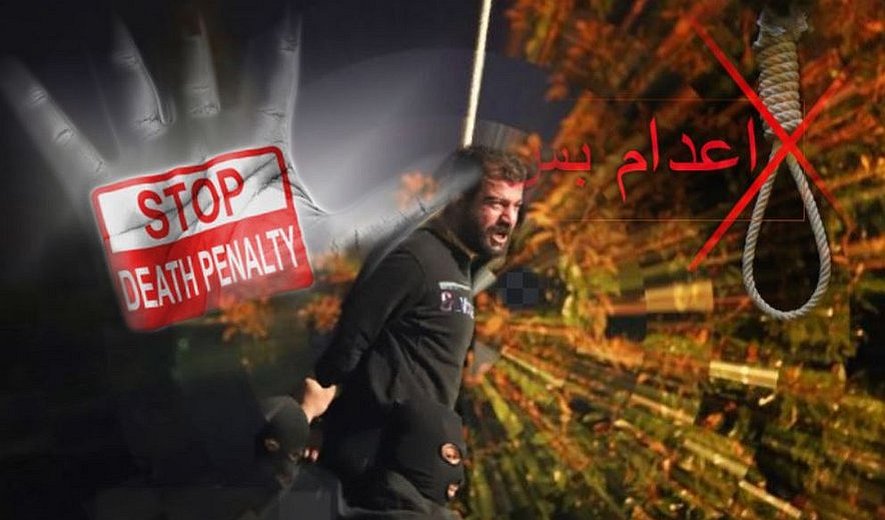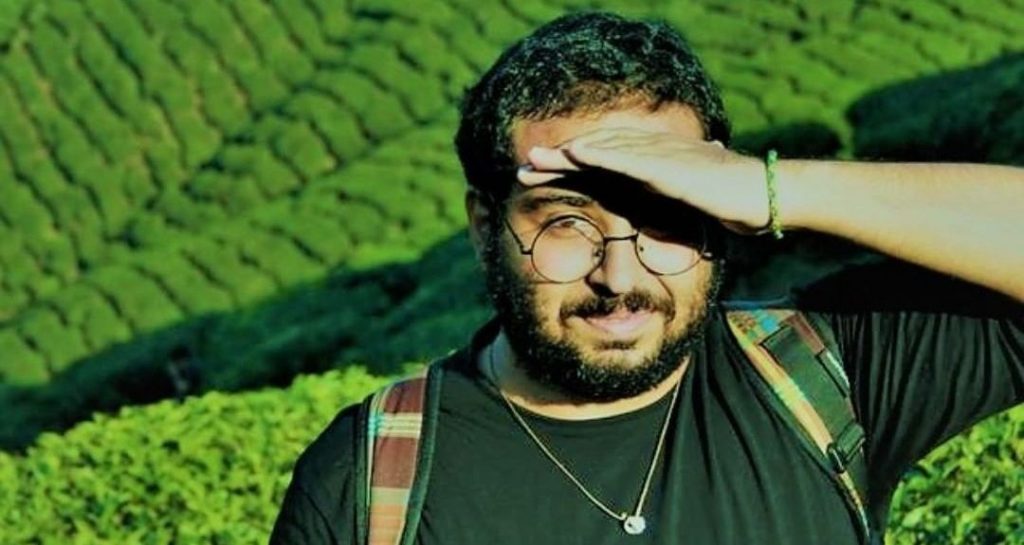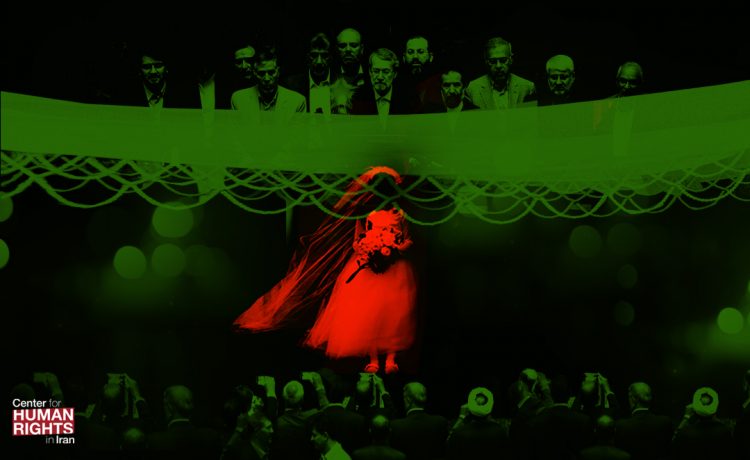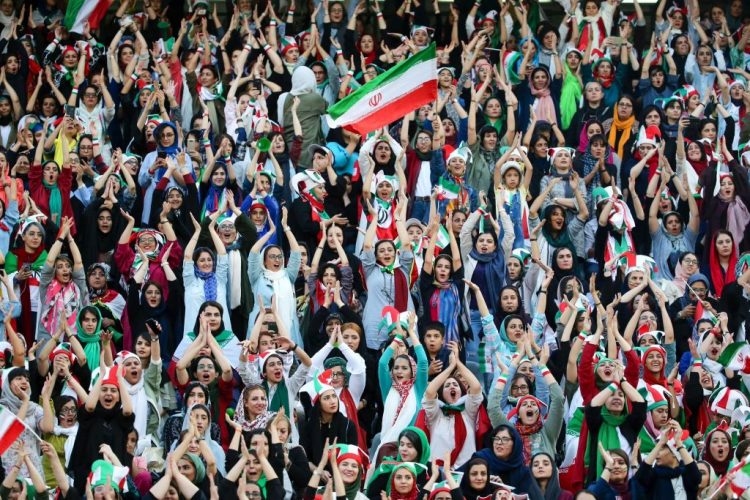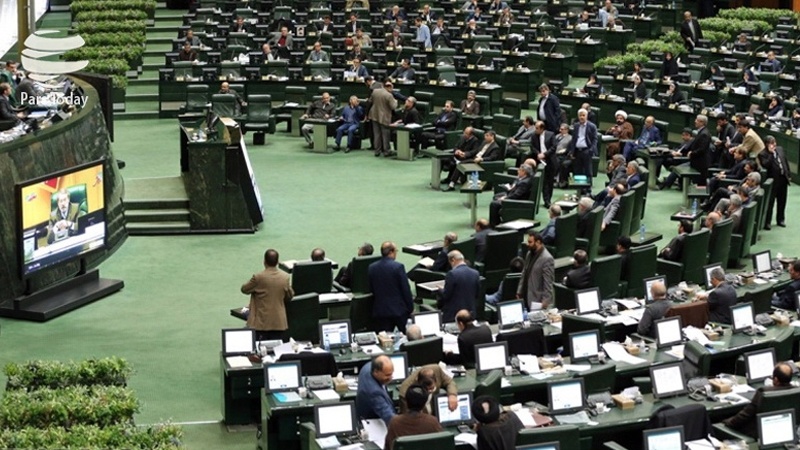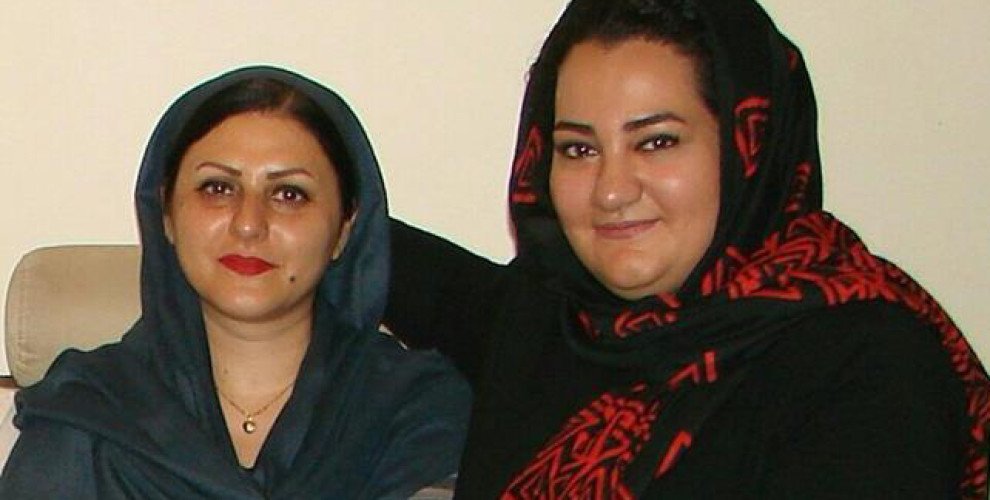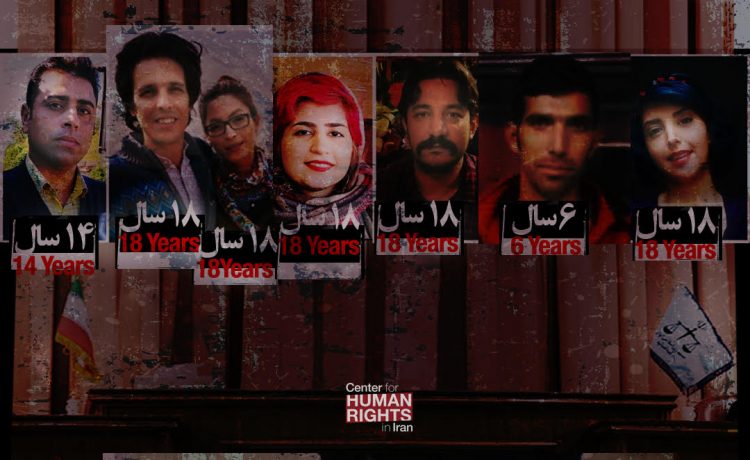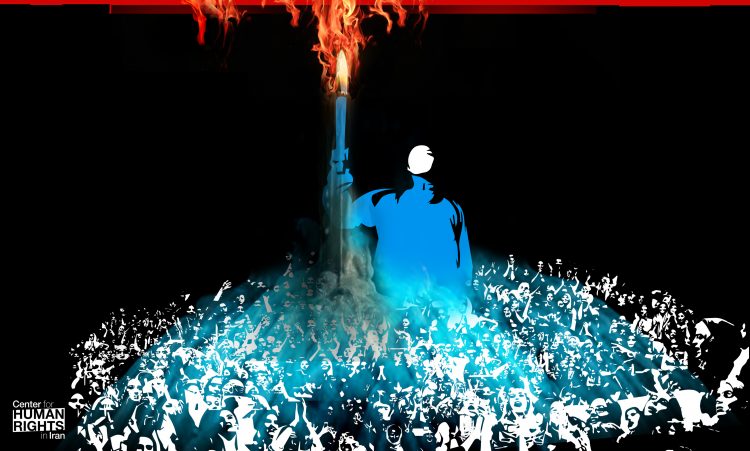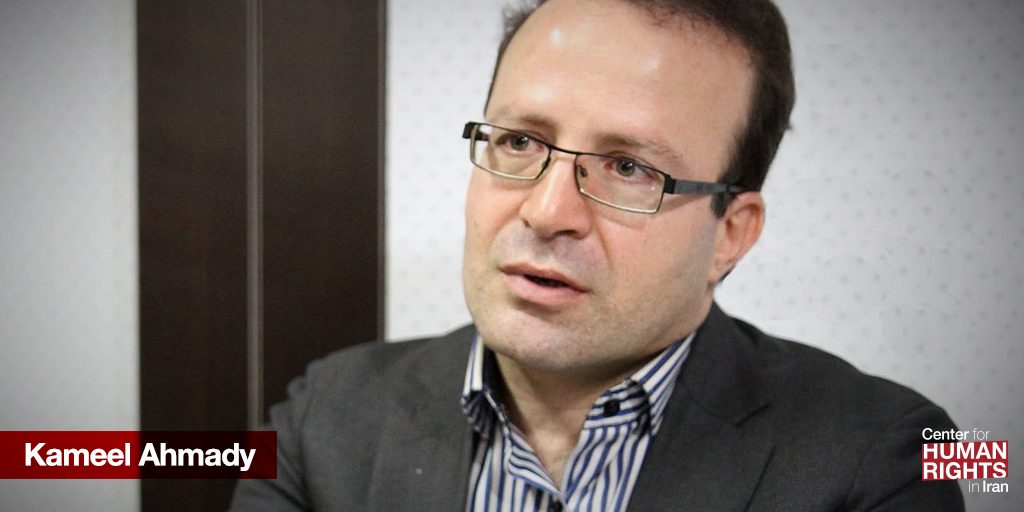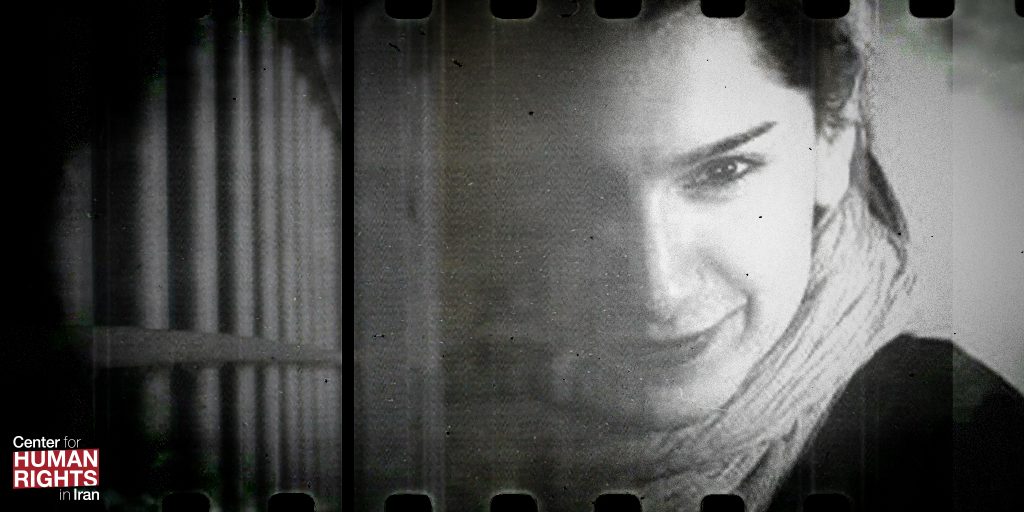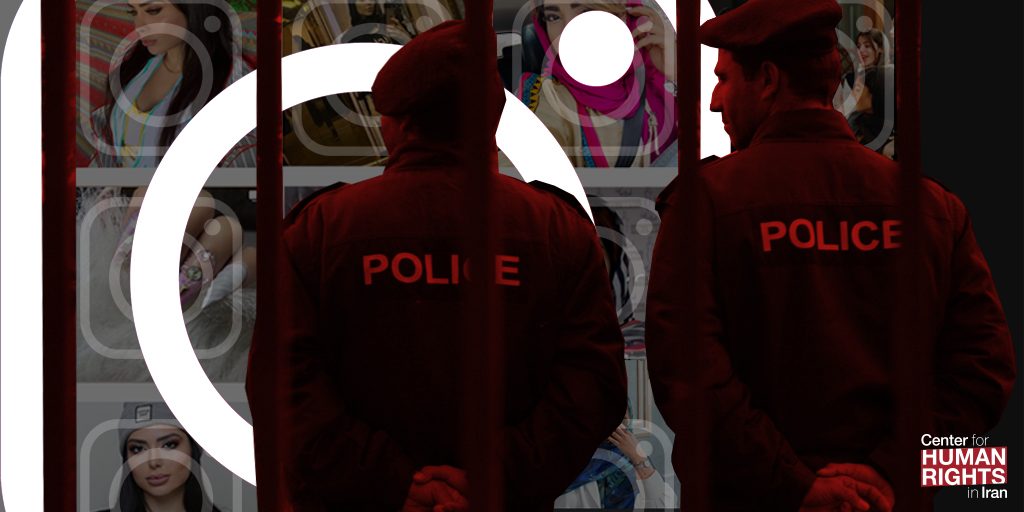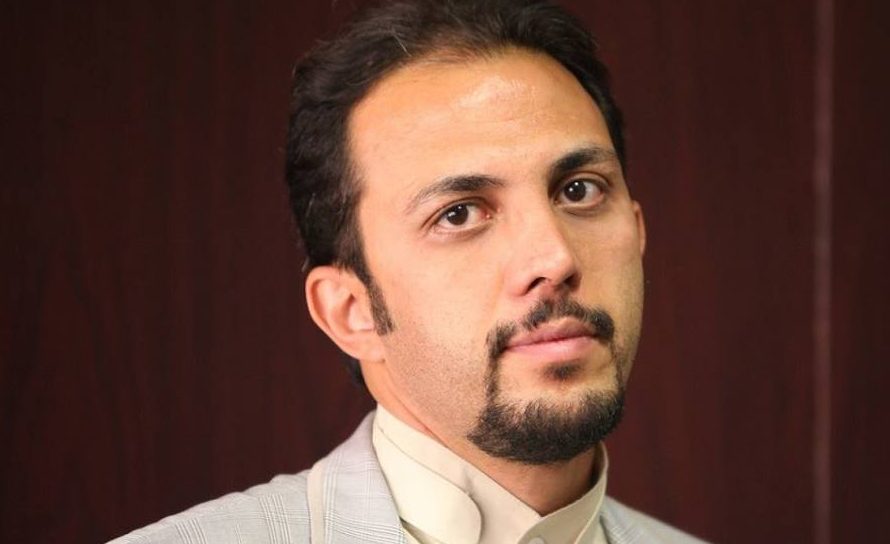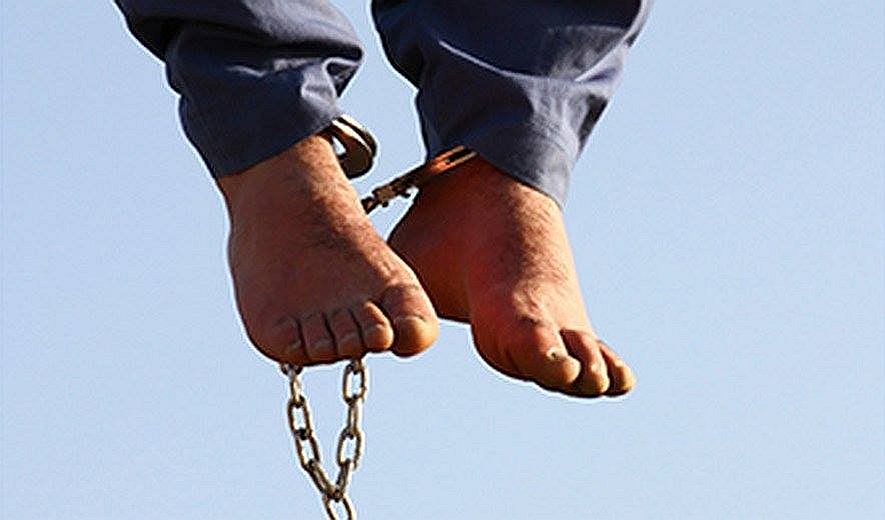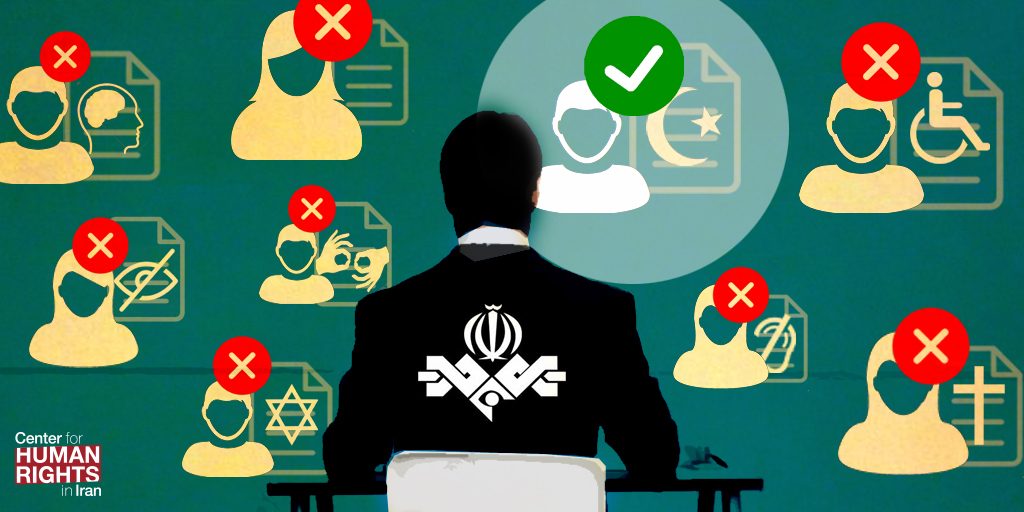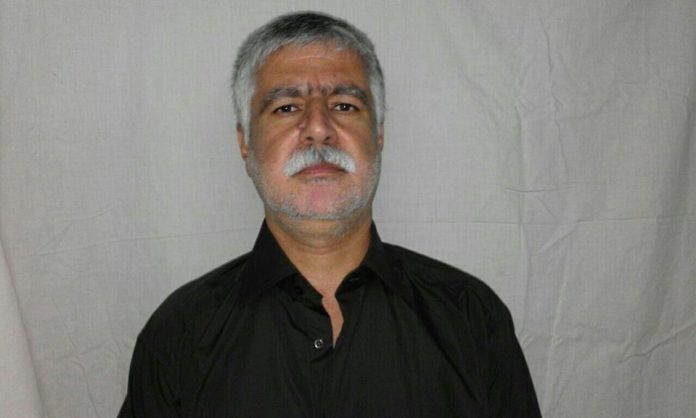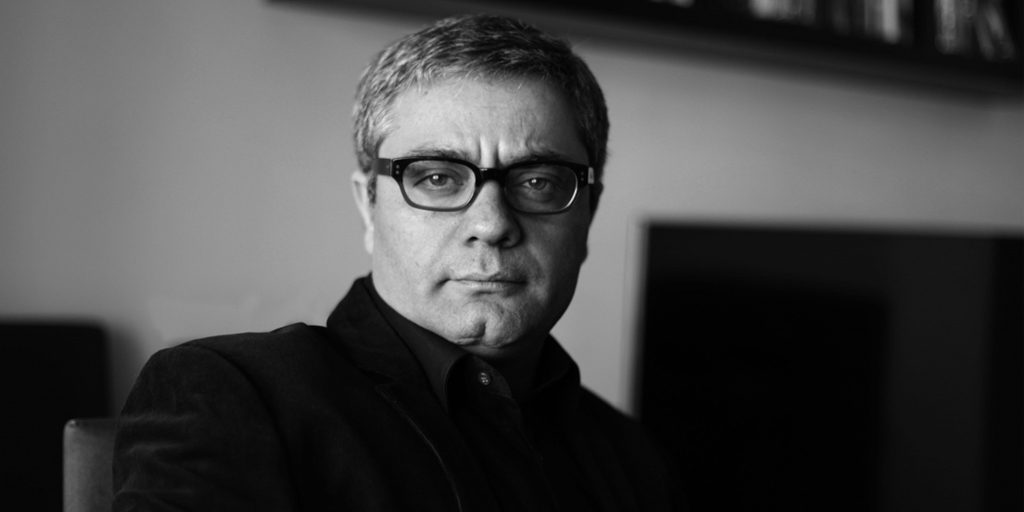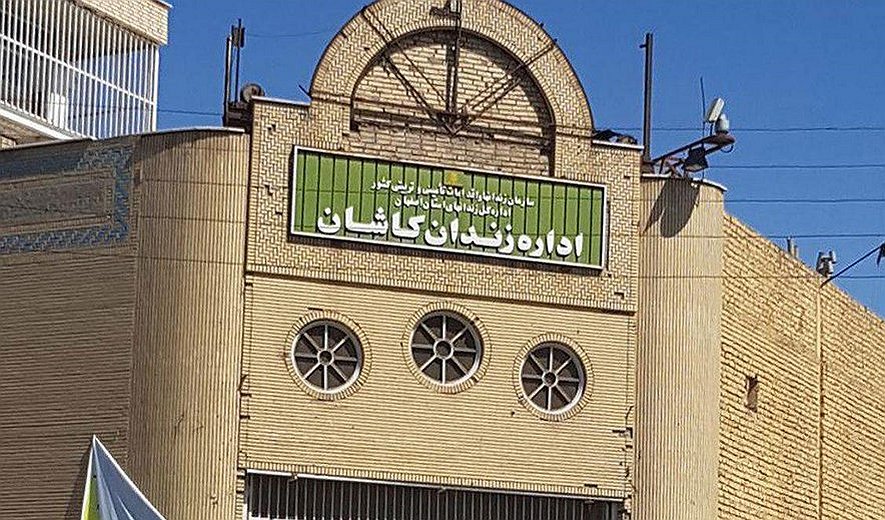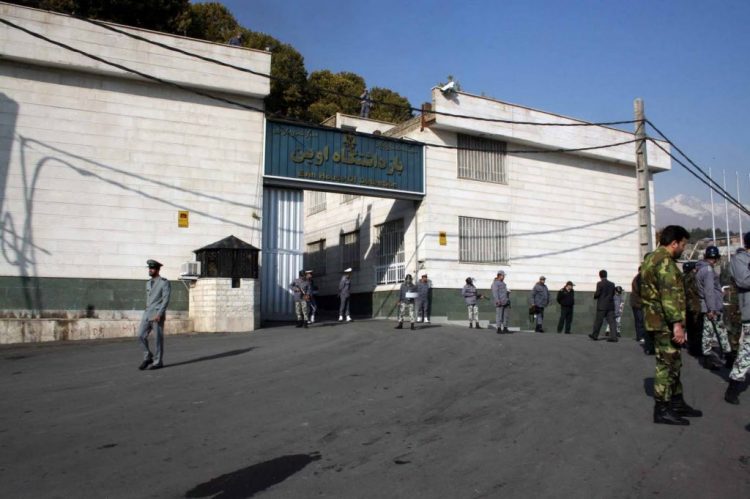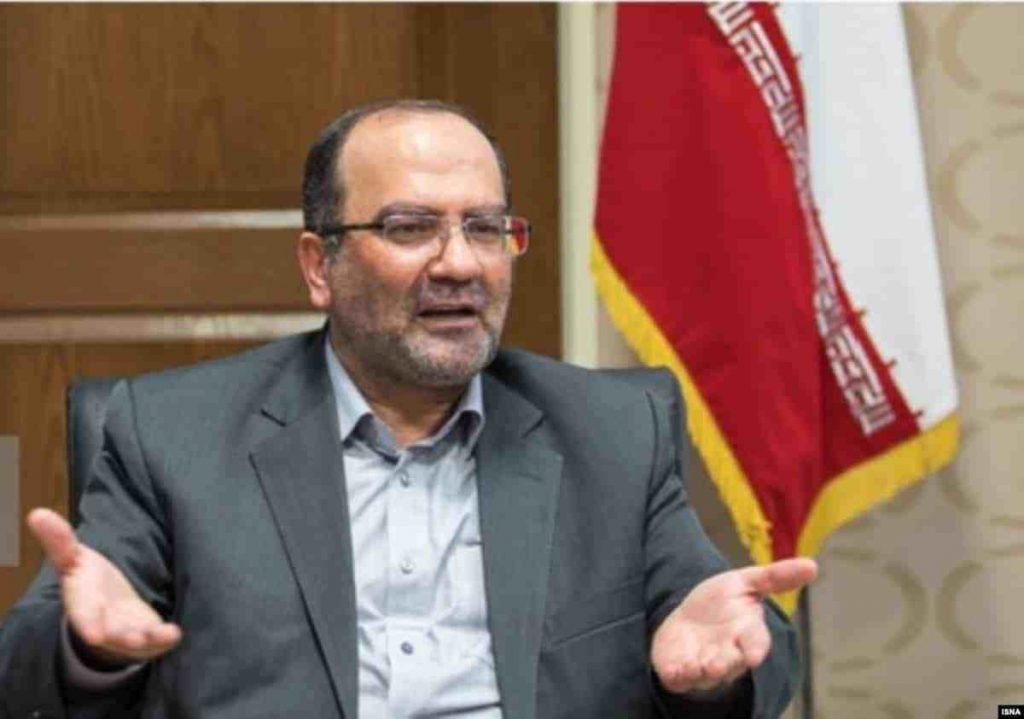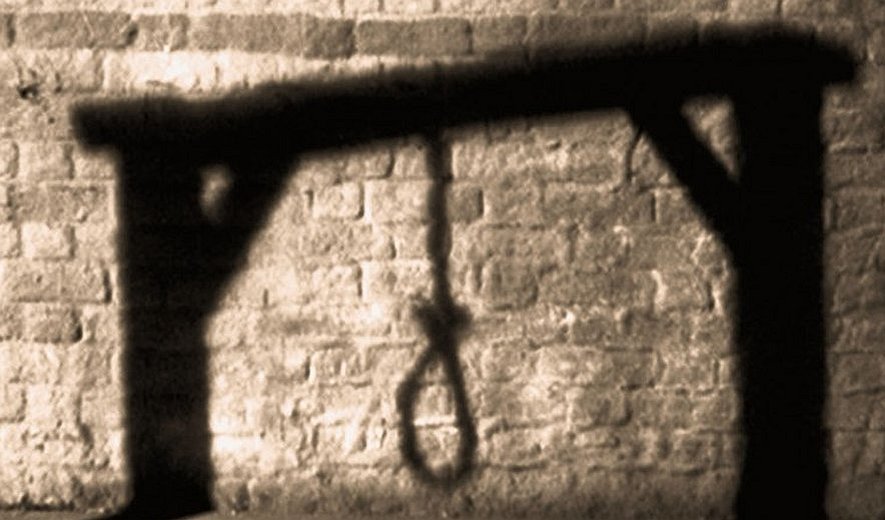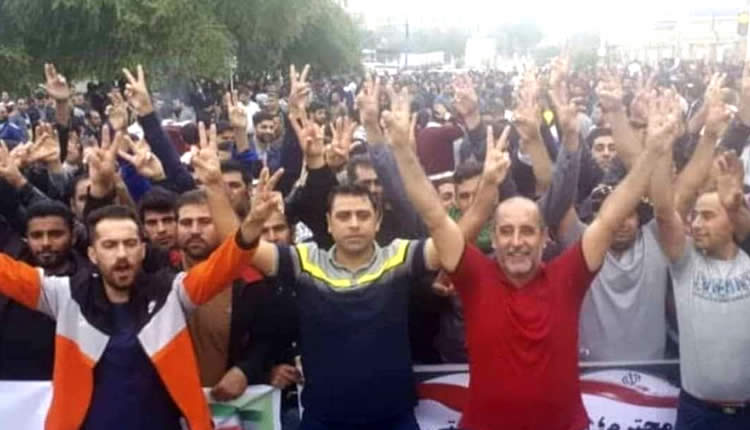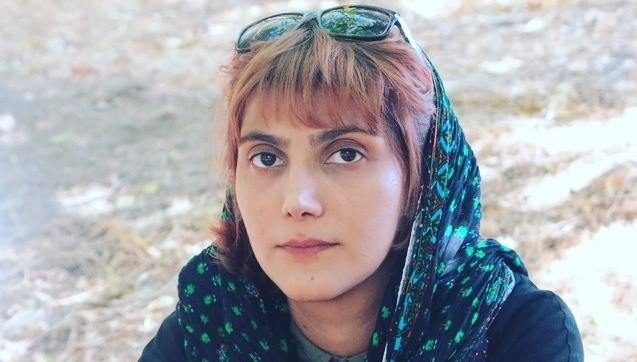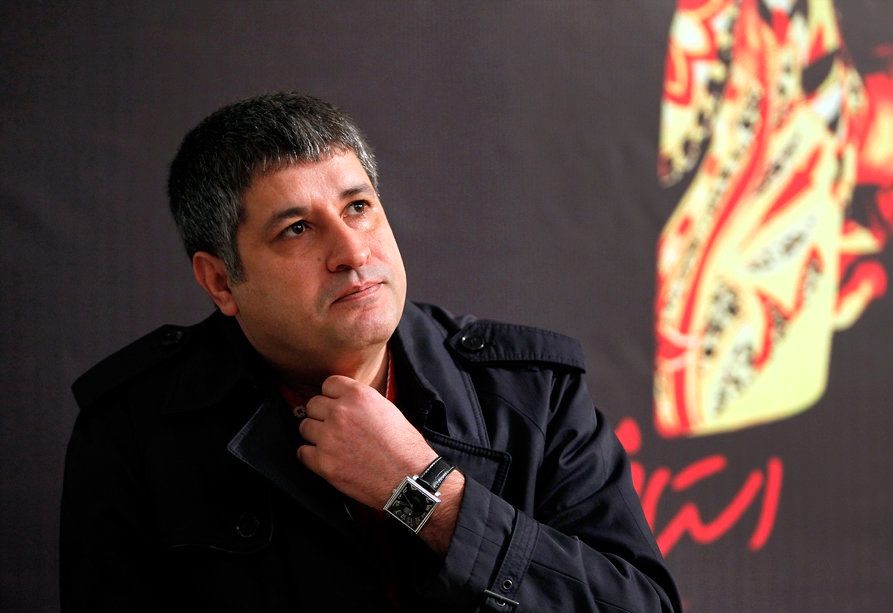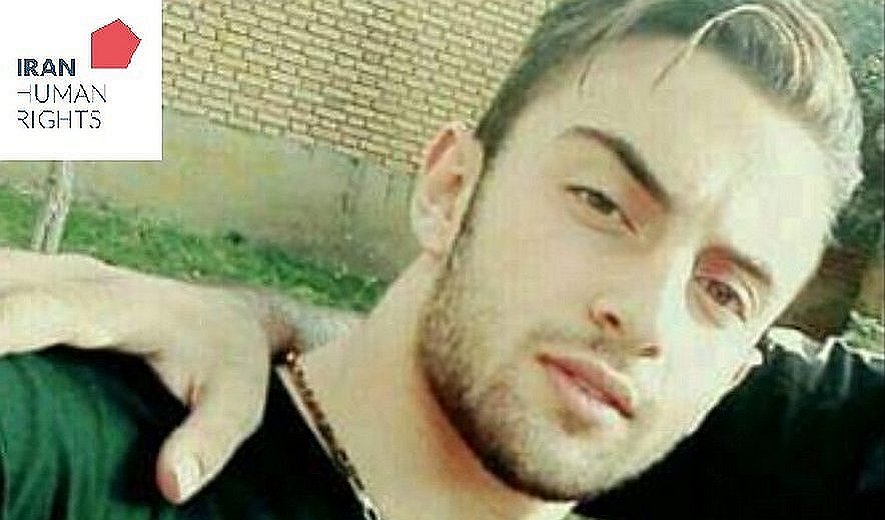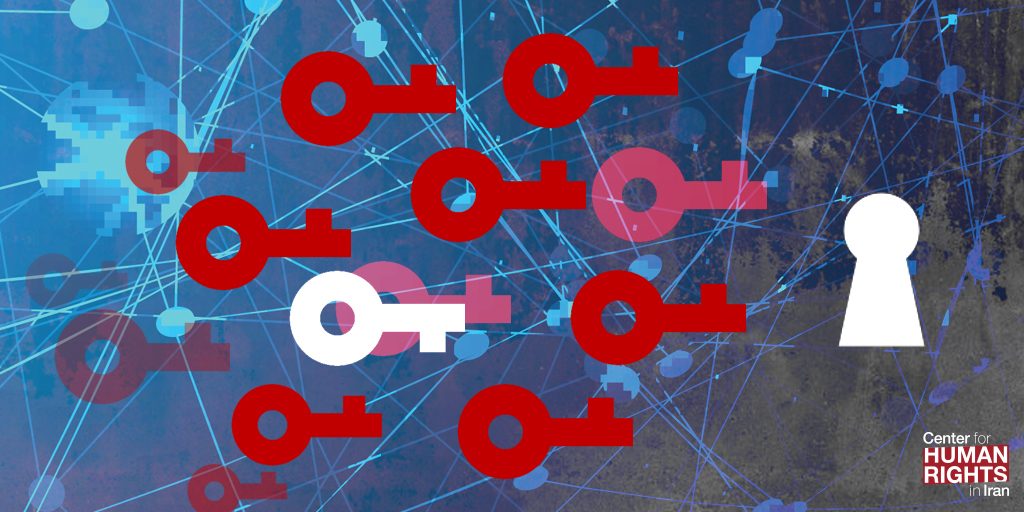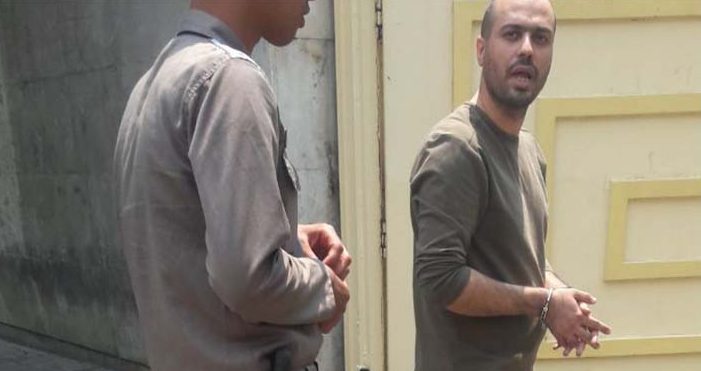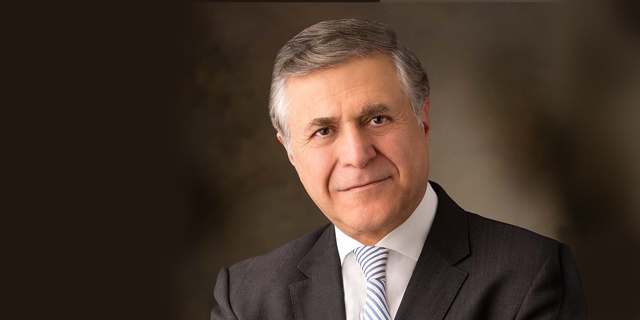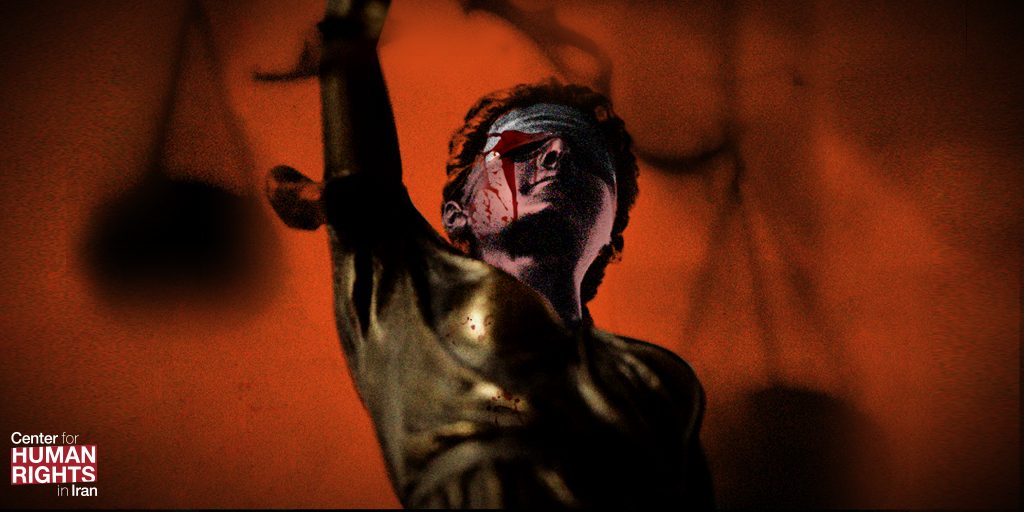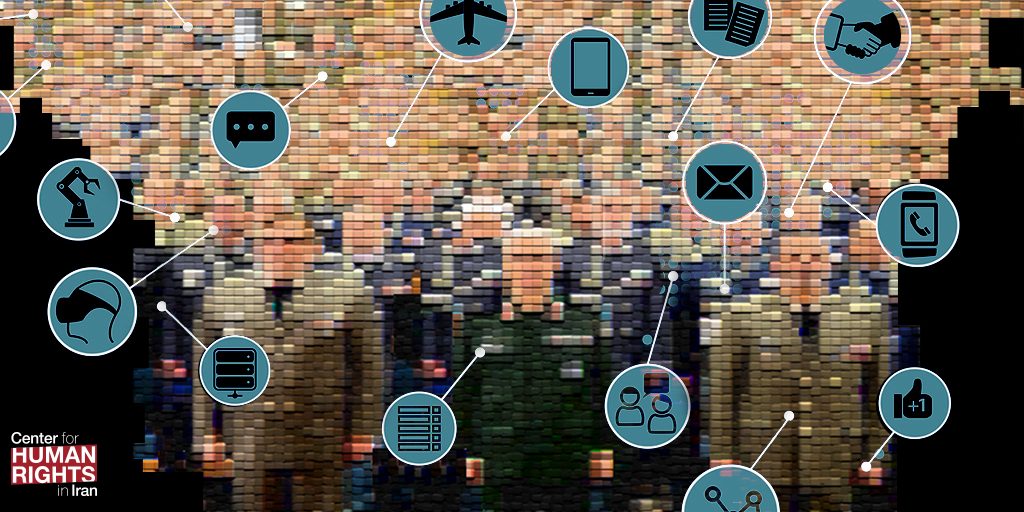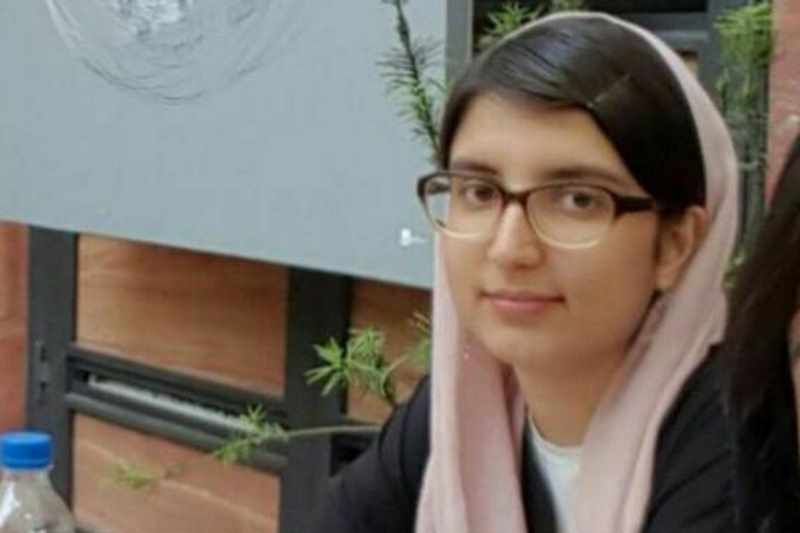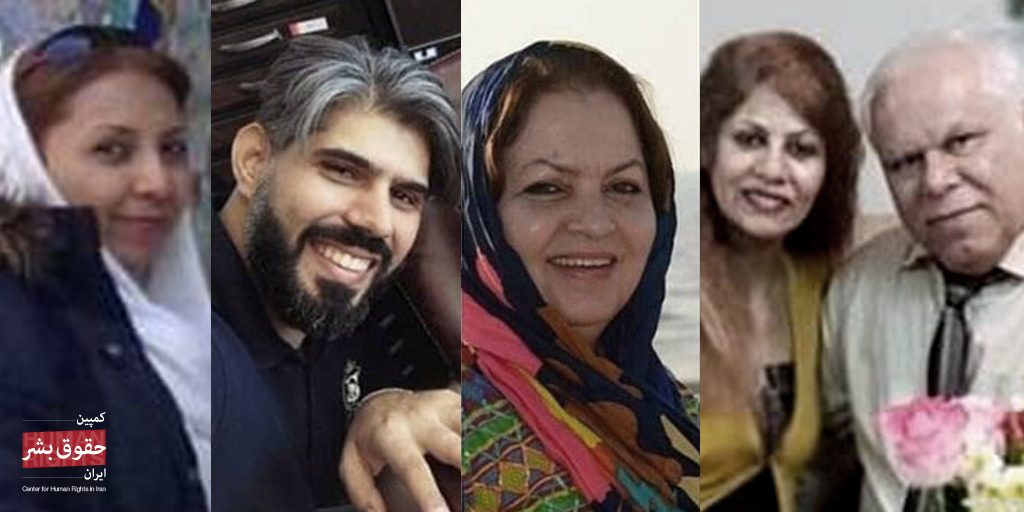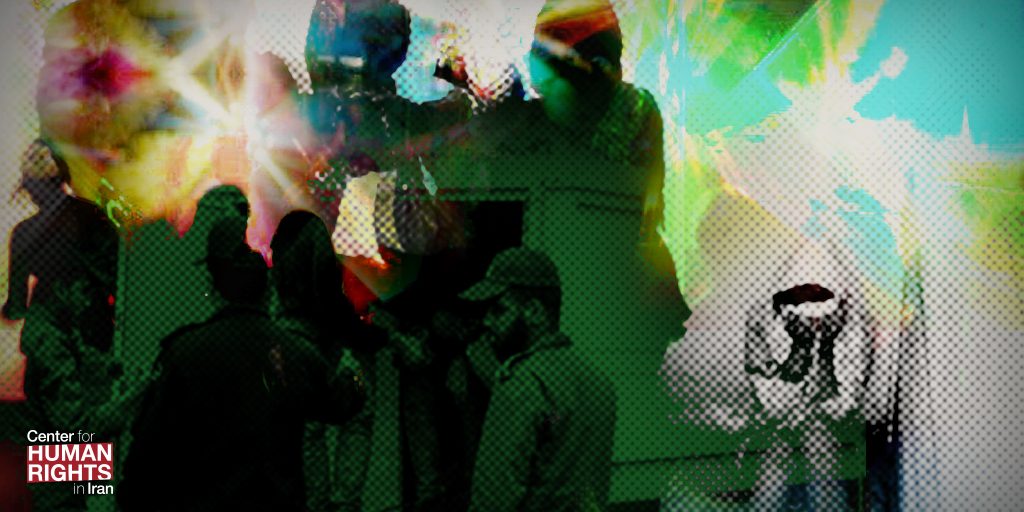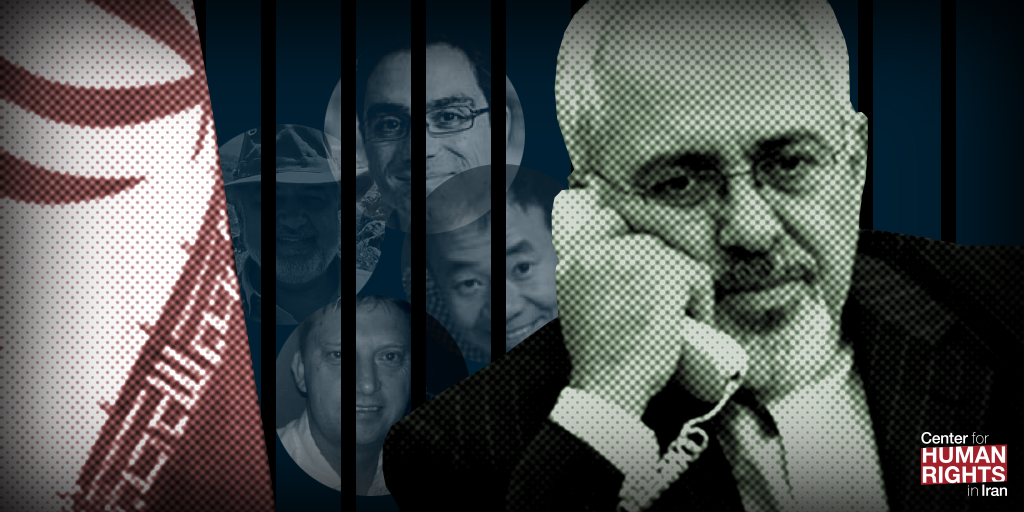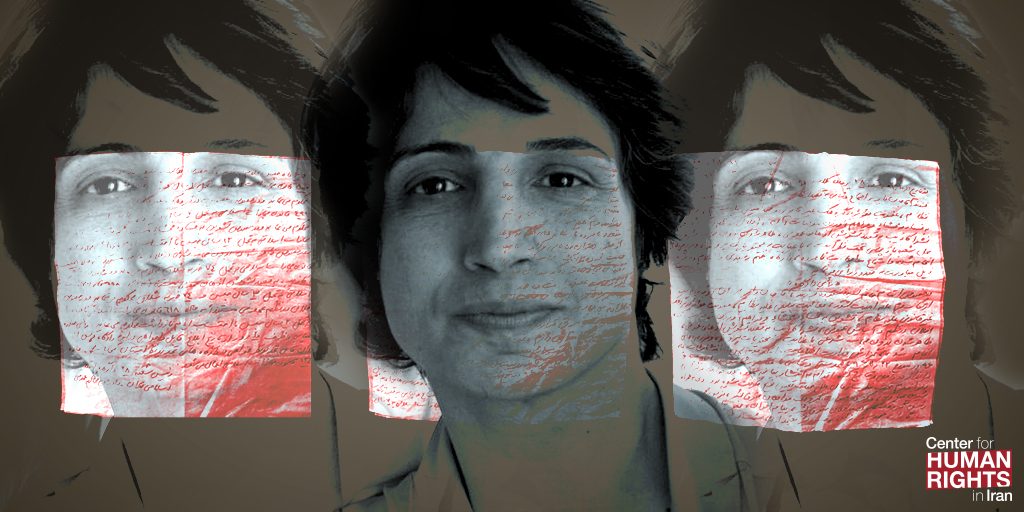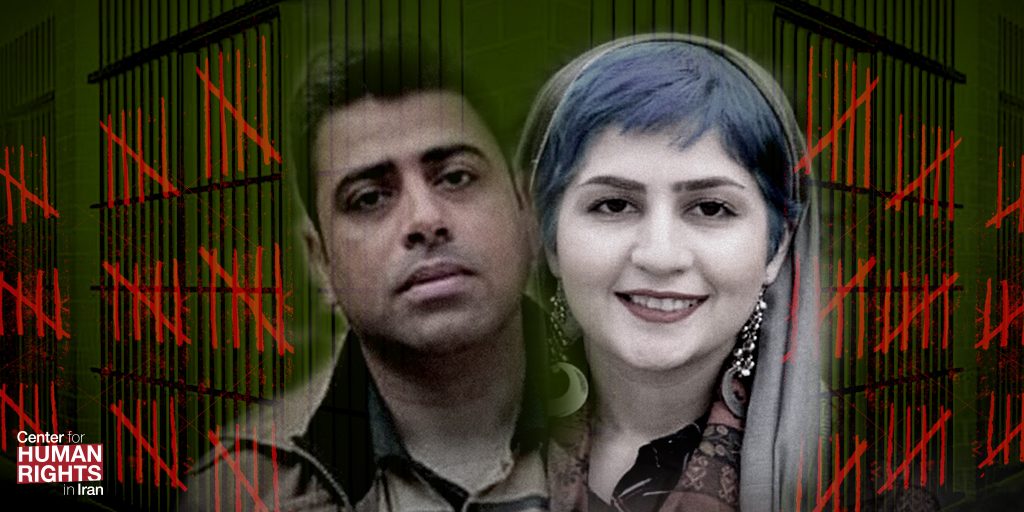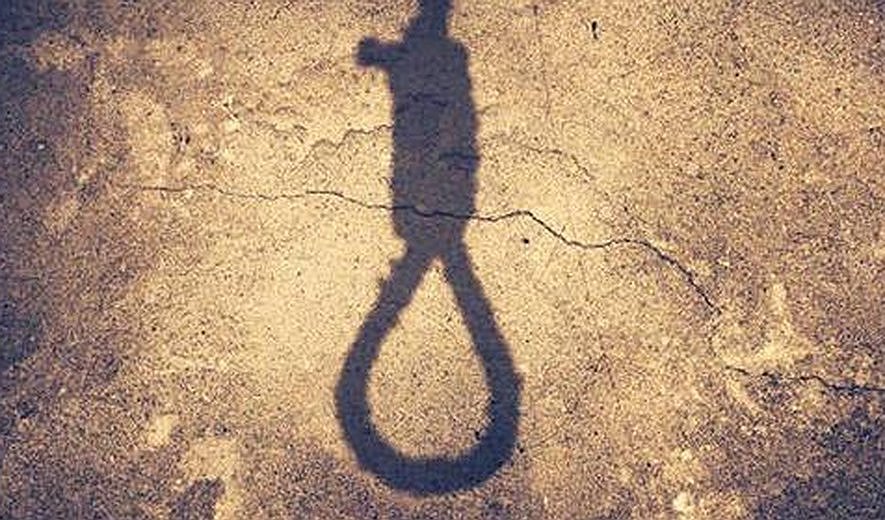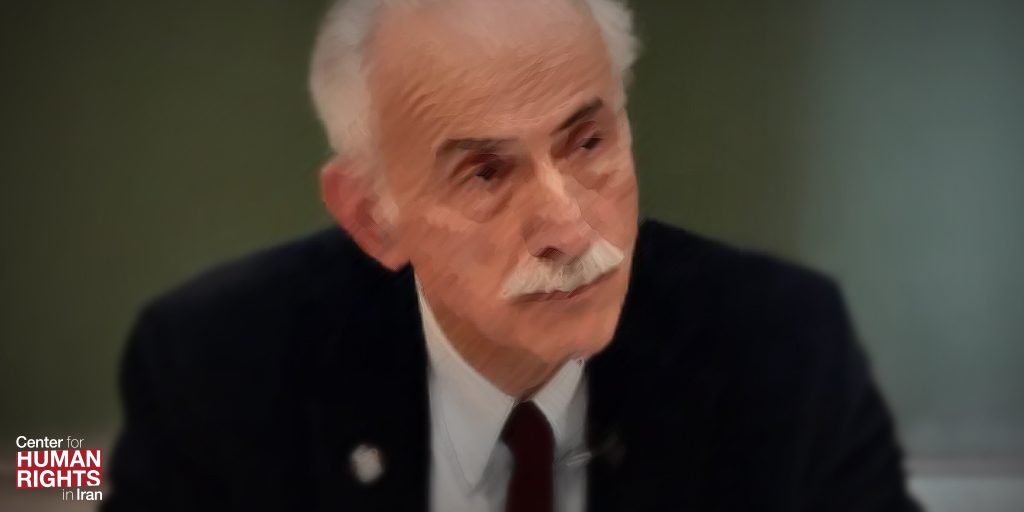APRIL 12,
2019
The Iranian government and
judiciary are intensifying a nationwide crackdown on civil society and beyond,
as well as most forms of activism, to stifle any form of dissent, Abdolkarim Lahiji, a prominent Iranian human rights
attorney now based in France, told the Center for Human Rights in Iran (CHRI).
In a wide-ranging
interview conducted by phone on April 5, 2019, Lahiji, who defended political
prisoners in Iran before and after the country’s 1979 revolution told CHRI:
“Today, it’s not just political opponents and defenders of human rights being
imprisoned, but conservationists,
hungry people and Sufi
Muslims, too. The scope of the crackdown has expanded. When social and economic
conditions deteriorate, the Islamic Republic believes it can only protect its
cohesion by cracking down on people and if it loosens its grip, protests could
spread into an uncontrollable situation.”
Excerpts of the interview
follow.
CHRI: In recent years, Iran’s judiciary has been
leveling various charges against prisoners of conscience based on activities
that are not crimes under the law. How did we get here?
Abdolkarim Lahiji: First we have to keep in mind that we are
dealing with an ideological and theocratic judicial system. Iran’s judiciary
has two traits that we have witnessed since the first week after the 1979
revolution. The first trait is that it’s arbitrary. In other words, it does not
have any boundaries that comply with legal judicial procedures. Secondly, it’s
very brutal and repressive. These traits have existed since the day [the leader
of the revolution Ayatollah Ruhollah] Khomeini ordered the establishment of the
first courts to prosecute officials of the former regime and put Sadegh Khalkhali in charge. From time to time,
they superficially appear to be acting reasonably, logically and lawfully, but
reality says otherwise.
I will point out a few
examples to show why we cannot have any expectations of justice from a
religion-based ideological judiciary. It’s far from being like any normal
judiciary in democratic systems, and even worse than the pre-revolution
judiciary that was itself deserving of criticism—I say this as an attorney who
worked in Iran during that period.
Everyone thought that the
revolutionary court system set up by Khomeini, which handed down harsh
sentences, would cease operation after the Constitution changed. Before it was revised, the
Constitution specified that all crimes would be adjudicated by the state court
system, except for military cases. There were no exceptions. Nevertheless, with
Khomeini’s order, the revolutionary courts continued to operate in parallel
with the judiciary.
Secondly, they have always
tried hard to convince us that they are only at war with those who, according
to Khomeini’s words, “plot” against the state, or resort to arms, as former
judiciary chief Mohammad Beheshti had said in one of his weekly press
conferences. But as you know, that has not been and is not the case.
The regime’s most
repressive period was in the 1980s when there were tens of executions every day.
Alongside the executions, they also started to crack down on civil society
activities, which, at that time, were concentrated in the Bar Association, as
well as the League for the Defense of Human Rights in Iran, and the
Federation of Iranian Jurists. These organizations were shut down and the
judiciary suspended elections for the board of directors of the Bar Association
for a year. Then a purge of the Bar Association was launched by the
revolutionary court and Judge Mohammadi Gilani revoked the licenses of tens of
lawyers because of their professional activities, as well as their views and
religious backgrounds.
Despite its claims and propaganda,
the Islamic Republic acts against many people other than those who want to
overthrow the state. This regime does not tolerate any kind of opposition,
ideological or political. For the past 40 years, it has used any means to
eliminate opponents.
CHRI: Recently in Iran, civil rights advocates are
prosecuted for their peaceful activities and issued lengthy prison sentences.
At the same time, with the application of Article 134 of the Islamic Penal Code, only the lengthiest sentence
is enforced in cases involving multiple convictions. This enables the
revolutionary courts to issue stiff sentences while later reducing them in a
display of mercy. Does this have any legal justification?
Lahiji: First of all, I think this is not a recent
trend; leveling two or three charges against individuals has been going on for
a lot longer. It was only during brief periods under [Mohammad] Khatami and
[Akbar Hashemi] Rafsanjani’s presidencies that the UN was allowed to send human
rights investigators to Iran. One of them was a senior French judge who
traveled to Iran after we requested an investigation into arbitrary arrests. He
visited Evin Prison and interviewed attorneys Mohammad Ali Dadkhah and
Abdolfattah Soltani, as well as political commentator Akbar Ganji. Back then,
the sentences were a lot lighter.
But after 2009 and the big
demonstrations that took place in Iran, more than 10,000 people were arrested.
Televised trials were held for more than a hundred defendants. Since then, the
authorities have used a heavier hand to silence opposition voices and imprison
those few who’ve been active in defense of civil rights. The victims have been
human rights defenders, advocates for the rights of children and prisoners, as
well as free speech defenders and members of the press. The objective was to
isolate opponents and intimidate the people who, 30 years after the revolution,
had dared to pour into the streets to protest [in 2009].
Also, they made changes to
the Criminal Procedures Regulations and now judges can
arbitrarily issue sentences that are more than twice as long as the limit set
by the law, just like what they have done to Nasrin Sotoudeh and others. At the same time, they
allow the enforcement of just the longest sentence. This is a contradictory
policy aimed at muzzling and isolating prisoners for long periods of time.
What they have done
to Abdolfattah Soltani, Narges Mohammadi and Nasrin Sotoudeh are clear
examples. They want to intimidate everyone, especially after the mass
demonstrations that have taken place in the past two years, with people
protesting against unpaid wages, high prices and poverty. They punish prisoners
of conscience and political prisoners so that others would be scared to talk to
foreign media and share their frustrations with the world.
CHRI: In light of what you said, is there a legal
solution to the current situation?
Lahiji: You cannot look for a legal solution when you
are dealing with an arbitrary judicial system. Right now you are seeing how
they are bypassing their own legal procedures, supposedly to fight corruption.
During his tenure, former
Judiciary Chief Sadegh Larijani got permission from the leader (Ayatollah Ali
Khamenei) to set up special courts to confront economic crimes. The
courts’ decisions are final except for those condemned to death. This is not
only a violation of all international human rights laws… but also against the
Islamic Republic’s own judicial procedures. It is the leader of the Islamic
Republic who decides whether something is within Islamic law or not. Therefore,
you cannot expect an irresponsible regime to behave within the law.
CHRI: What role does the Bar Association play?
Lahiji: I have a lot of objections to the Bar
Association. I say this as someone who got his license to practice law in Iran
55 years ago.
The Bar Association was an
institution that was independent of the government since the days of the
Mosaddegh government in the 1950s. But after the revolution, it was controlled
by the judiciary through a state representative. During this period, they not
only purged the association but also instituted a two-stage election process
for members of its governing board.
In other words, candidates
first had to be approved by the Disciplinary Court for Judges headed by Hosseinali Nayyeri, the same judge who played a role in
the 1988 massacre [of political prisoners]. I remember
once Abdolfattah Soltani became a candidate but the Disciplinary Court for
Judges rejected him.
And now, unfortunately, in
recent months you see Mohammad Najafi and Nasrin Sotoudeh and many other
attorneys have been put behind bars. Some have received sentences and others
have been free on bail but the Bar Association has not uttered a word. What can
we expect from the Bar Association when it doesn’t defend its colleagues? All
these lawyers have been imprisoned not for committing common crimes but because
they carried out their professional duties. The Bar Association has not lifted
a finger for its members, let alone defends citizens whose rights have been
trampled by the Islamic Republic. Therefore, we cannot have any faith in the
Bar Association. It’s broken.
CHRI: Given the current situation in Iran, especially
the condition of the economy and the pressure from sanctions, is it possible
that the judiciary would loosen its grip?
Lahiji: When Khamenei appointed Ebrahim Raisi as the new head of the judiciary, he
was sending two messages to the Iranian people. One was, “I replaced a butcher
with another, more brutal, butcher,” and second, “even though the majority of
you did not vote for him as president, he’s my favorite.” So when the
people’s will is ignored, what sort of expectation can you have? Reformists
think that the judiciary should be gentler towards the people right now but
that’s not happening. The grip is tightening every day.
Today, it’s not just
political opponents and defenders of human rights being imprisoned, but
conservationists, hungry people and Sufi Muslims, too. The scope of the
crackdown has expanded. When social and economic conditions deteriorate, the
Islamic Republic believes it can only protect its cohesion by cracking down on
people and if it loosens its grip, protests could spread into an uncontrollable
situation.
I believe that the massive
2009 demonstrations showed that as soon as conditions ease up and people lose
their fear of going to the streets, it becomes very difficult for the regime to
control them. Therefore, I think greater financial, economic and social
constraints will result in more state repression.
[President Hassan]
Rouhani’s government says that it can increase state employees’ monthly
salaries by 25 percent even though inflation is more than 40 percent. Under
these circumstances, it would make sense to be kinder towards the people and
open up the political and social climate but what’s happening is the opposite.
Ten years ago, Nasrin Sotoudeh was given a six-year sentence but now her
punishment has doubled.
CHRI: Another important development is that political
and civil rights workers are being prosecuted for activities that they had been
prosecuted for in the past, such as membership in the anti-death penalty Legam
organization and the Defenders of Human Rights Center (DHRC). Is there any
legal justification for that?
Lahiji: No. It’s a violation of the Constitution.
Besides, Narges Mohammadi
is a member of the DHRC but Ms. Sotoudeh is not. The center has five primary
and two alternate members. Of the primary members, Shirin Ebadi has moved abroad, while Abdolfattah
Soltani, Mohammad Seifzadeh and Narges Mohammadi have
served time in prison. Mohammad Ali Dadkhah has not been very active. Of
the two alternate members—Shirazi and Esmailzadeh—Mr. Esmailzadeh recently
passed away and Mr. Shirazi has not been active. So it’s true that Nasrin
Sotoudeh has worked with the DHRC and served as Mr. Ebadi’s lawyer, but she has
never been a member of the organization.
Also, charging Narges
Mohammadi and Nasrin Sotoudeh with things like membership in Legam is just an
excuse to lengthen their punishment. The truth is that Legam was founded by
other individuals. I don’t want to say why those individuals have not been
arrested but Mohammadi and Sotoudeh were not the only ones. Criminalizing their
membership shows the Iranian judiciary’s double standard. Nasrin Sotoudeh has
been also sentenced for signing a statement calling for a referendum. But she was not the only one. So their
intention is to silence her voice and keep her in prison for a long time, just
as they are doing with Narges Mohammadi, who is suffering from health issues.
This is a sinister policy
being carried out by the judiciary and the Ministry of Intelligence to suppress
civil society. It’s completely unfair. One day it’s a crime to defend the
rights of children, political prisoners, women and human rights advocates. Then
they criminalize the activities of those who advocate nature conservation and
the protection of the environment.
Let’s not forget that they either killed Kavous Seyed-Emami in prison or he ended his life
out of fear without contact with the outside or access to a lawyer when they
falsely accused him of espionage. Such policies are increasing in the Islamic
republic every day.
